Feeding cats a Balanced Diet: 7 Considerations for Cat Parents to Bear in Mind.
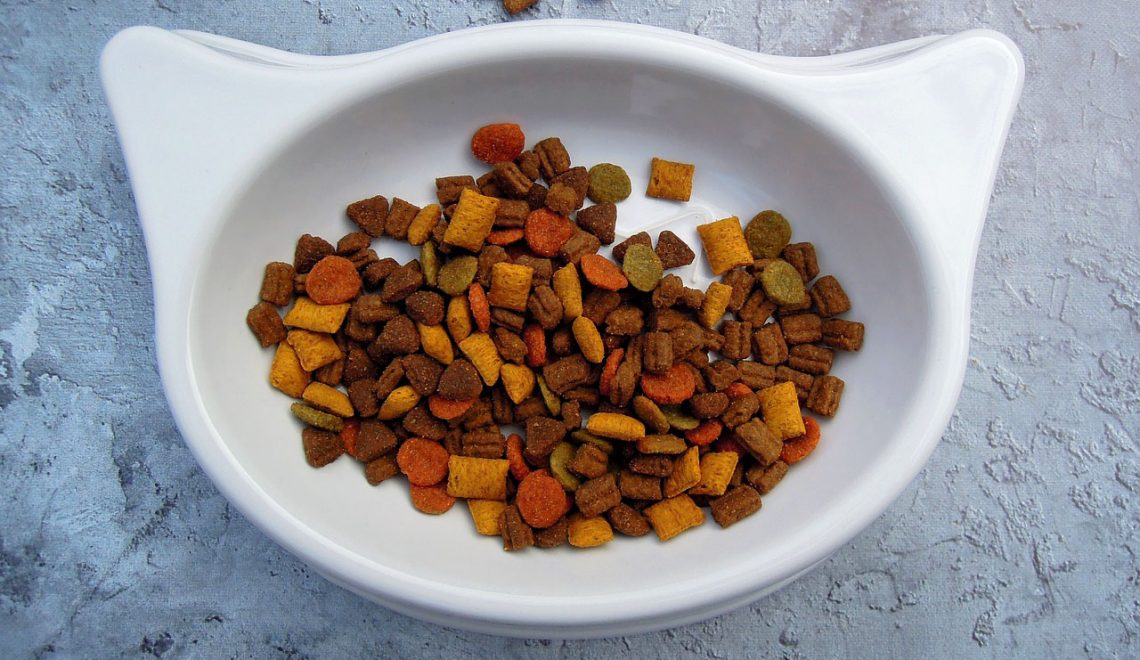
Feeding Cats a Balanced Diet: 7 Considerations for Cat Parents to Bear in Mind.
You may not know this, but cats must eat meat to remain healthy; proteins, such as taurine, are crucial for a cat’s health. In some cases, however, an all-meat regimen can make a cat ill. That said, just as it is for humans, too much of any one thing can be bad for a cat’s health. So, when it comes to feeding your cat the right kinds of food, “everything in moderation” is key. A cat’s meals should be balanced with a variety of foods (similar to human diets!), ranging from meat to wholesome vegetable and grain ingredients. Let’s see how feeding cats a balanced diet can help them live a long, healthy life with you!
1) Avoid overfeeding.
You adore your cats (we all do!), but try to refrain from showing your love by giving them too much food. Obesity in cats can be a serious problem, leading to many health and quality of life issues for them over time.
There are a few causes of obesity, but usually, the culprit is cat parents offering their cats too many treats, or giving them too much of the wrong type of food. Additionally, many cats living in small apartments don’t have opportunities to be active in their day-to-day, so they just eat and lie down on a sofa.
Because every cat is different, it may be best to consult a veterinarian about the quantity of food your cat should eat on a daily basis. If your cat is already obese, we recommend approaching the issue carefully. Weight reduction must be done gradually, since rapid weight loss can be dangerous to a cat’s health. Reduce the amount of food they consume slowly, and increase the amount of exercise they get with lots of playtime. Your kitty will feel better and have more energy if you do!
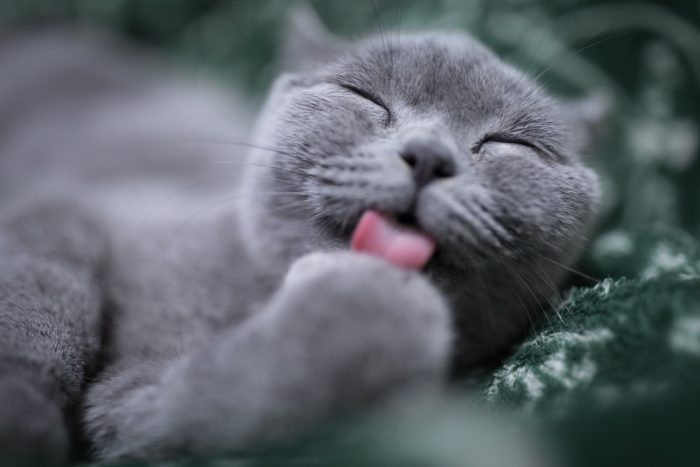
2) Cow’s milk is not a substitute for water.
Most cats are lactose intolerant, and consuming milk on a regular basis can lead to diarrhea and dehydration. Cat parents can serve their fur babies small amounts of milk occasionally, but not as a substitute for water. Remember, to avoid dehydration, cats should always have access to clean, fresh water because, without it, a cat can become severely ill.
3) Include natural food in your cat’s diet.
Natural and organic food for cats is getting more and more popular, and for a good reason. This kind of food doesn’t contain additives, or artificial and synthetic ingredients. Organic food, in particular, is especially healthy, since it’s pesticide-free. While generic cat food can, of course, provide some nutritional benefits, it’s worth noting that the best, healthiest way for cats to ingest the essential nutrients they need is through holistic natural food.
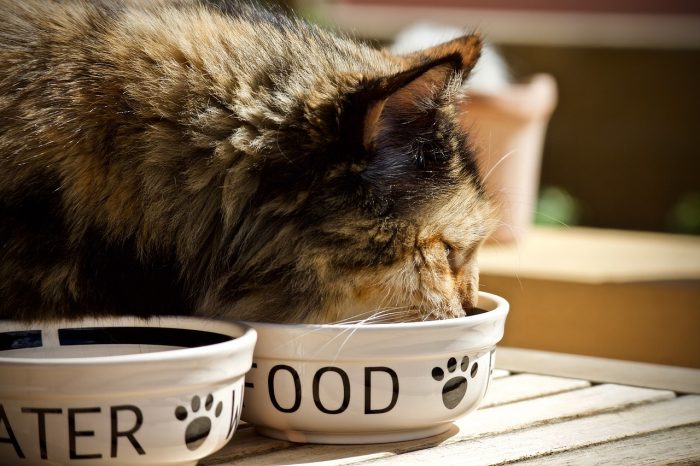
4) Too much tuna is a no-no.
It’s okay to feed your cat tuna from time to time, but it’s not recommended that people do it every day. Since tuna doesn’t have adequate amounts of vitamin E, cats who only consume it frequently can develop a condition called steatitis, also known as yellow fat disease. Moreover, cats can become addicted to tuna because it has a strong, enticing smell and taste. Once they become “tuna junkies,” it can be hard to convince them to eat anything else. Lastly, due to tuna’s high mercury levels, tuna-loving cats can run the risk of getting mercury poisoning. All that said, try to control the amount of tuna cats eat. Feeding cats a balanced diet is everything!
5) Make sure your cat gets enough minerals.
Minerals are essential for a cat’s health. They contribute to enzyme formation, pH balance, nutrient utilization, and so on. Calcium, chloride, chromium, cobalt, copper, fluorine, iodine, iron and more should be on your cat’s plate, for your cats health may decline without them. For example, a lack of calcium in your cat’s meals can lead to bone problems, causing them pain and suffering.
If your cat has a mineral deficiency, your vet may suggest adding supplements to their food. This solution usually works, helping cats to return to their sweet-tempered selves once again.
It’s also critical to know that minerals, like vitamins, work synergistically. This means that one mineral may need another kind of mineral present in a cats’ system to activate. So, it’s important for cats to consume as many mineral-rich foods as possible.
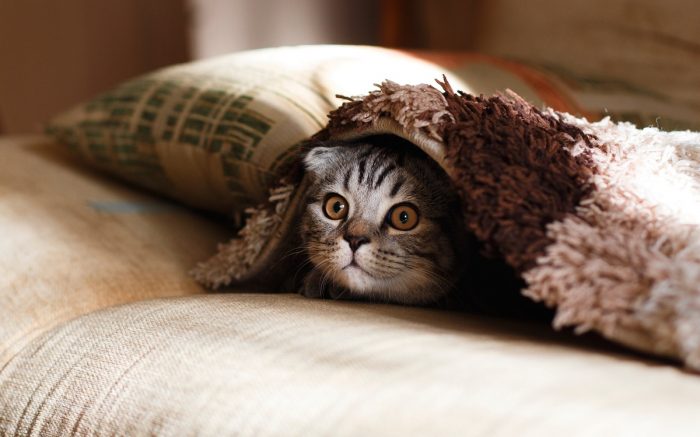
6) Over-supplementation can lead to problems.
A balanced diet of regular, hearty meals should account for all of the nutrients your cat needs. Sometimes, cat parents add supplements to improve their cats’ coat, or stamina. This is totally fine, but adding too many supplements to cat food can increase the amount of vitamins and minerals in your cat to toxic levels. On the flip side, if you’re committed to created a homemade diet for your cat, it’s recommended that you add some supplements – just make sure you don’t give them too much!
7) Balance is key.
Cats can become very selective if you keep giving them the same food over and over again. That’s why some recommend feeding cats a balanced diet of two or three different types of food. A diet that rich in variety can prevent the rise of serious medical problems, like obesity or a lack of appetite. So, choose the best kinda of natural foods for your furry friends and vet visits should, hopefully, decline. Your cat deserves the best!

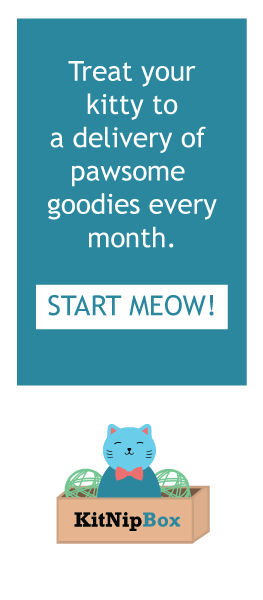




![Dj Scratch mixing some beats. 🎧 🎶 #Mewsic #KitNipBox
[via Instagram | @dharmacatnitiative]](https://www.kitnipbox.com/meow/wp-content/plugins/instagram-feed/img/placeholder.png)